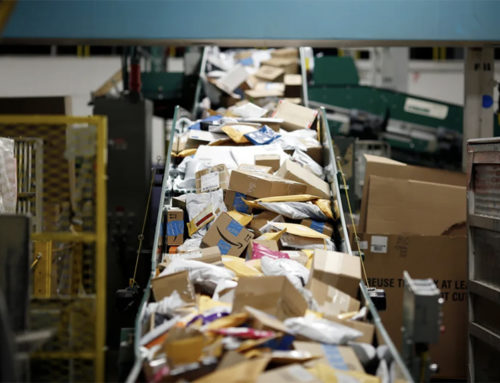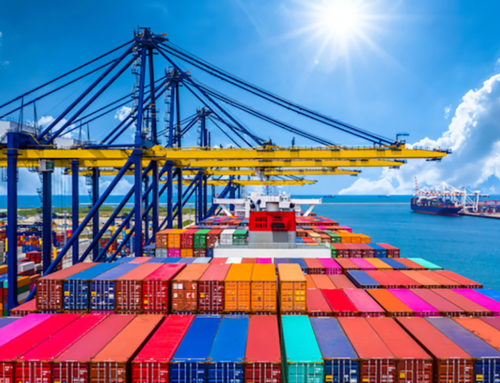In recent years, Amazon has been lauded for its massive investments in technology, infrastructure, and job creation across the United States. Yet, beneath the glossy narrative of economic progress and community upliftment lies a series of troubling concerns that critics argue have far-reaching negative consequences for American businesses, independent sellers, and consumers alike.
Despite Amazon’s claims of innovation and quality control, many critics argue that the platform has become a haven for counterfeit goods. Detractors contend that while the company touts its technological advancements, it has not done enough to stem the tide of knock-off products that flood its marketplace. This “cesspool” of counterfeit items not only undermines the integrity of genuine brands but also erodes consumer trust, leaving shoppers with substandard – and sometimes unsafe products.
Another major point of contention is Amazon’s fee structure. Independent sellers often face steep costs that critics say are disproportionately high, leaving them with razor-thin profit margins. Many argue that while Amazon reaps substantial profits from its vast network, small and medium-sized businesses are left to bear the brunt of fees that can stifle innovation and limit growth. For these sellers, the promise of reaching a global audience comes at the cost of being squeezed financially by a platform that appears to favor volume over the success of its partners.
Critics also highlight a growing trend on Amazon’s platform: the increasing presence of Chinese sellers who leverage the company’s reach to sell directly to American consumers. Many see this as anti-competitive market manipulation that weakens domestic businesses. By enabling foreign competitors with lower production costs and fewer regulatory hurdles—who are not always held to U.S. laws—Amazon is undermining traditional American businesses, ultimately shifting revenue away from domestic enterprises and toward a global adversary.
Consumer protection is another area where Amazon’s practices have come under fire. Despite its market dominance, the platform is often criticized for not doing enough to protect shoppers from faulty or dangerous products. Reports of inadequate return policies and limited avenues for redress have left many consumers feeling vulnerable in the face of defective merchandise. This perceived lack of accountability raises significant questions about the company’s commitment to ensuring a safe and reliable shopping experience for its millions of users.

Perhaps the most damning allegation against Amazon concerns its handling of consumer data. Critics argue that the company not only collects vast amounts of personal information but also uses it strategically to promote its own products at the expense of third-party competitors. This practice, they claim, effectively corners the market by leveraging proprietary data to predict trends and influence consumer behavior. The result is an environment where innovation is stifled, and fair competition is compromised, ultimately harming the broader ecosystem of online retail.
While Amazon’s economic impact on the U.S. – in terms of job creation, technological advancement, and infrastructure investment – is undeniable, the counter narrative presents a more complex picture. The issues of counterfeit products, exorbitant seller fees, the undermining of American businesses, insufficient consumer protections, and questionable data practices highlight serious concerns about the true cost of its market dominance.
These criticisms call for a broader public debate and more stringent regulatory oversight to ensure that the benefits of technological progress and economic scale do not come at the expense of small businesses, consumer rights, and a healthy competitive landscape. As Amazon continues to shape the future of retail and technology, it remains imperative to scrutinize not just the economic contributions but also the societal and ethical implications of its business practices.






